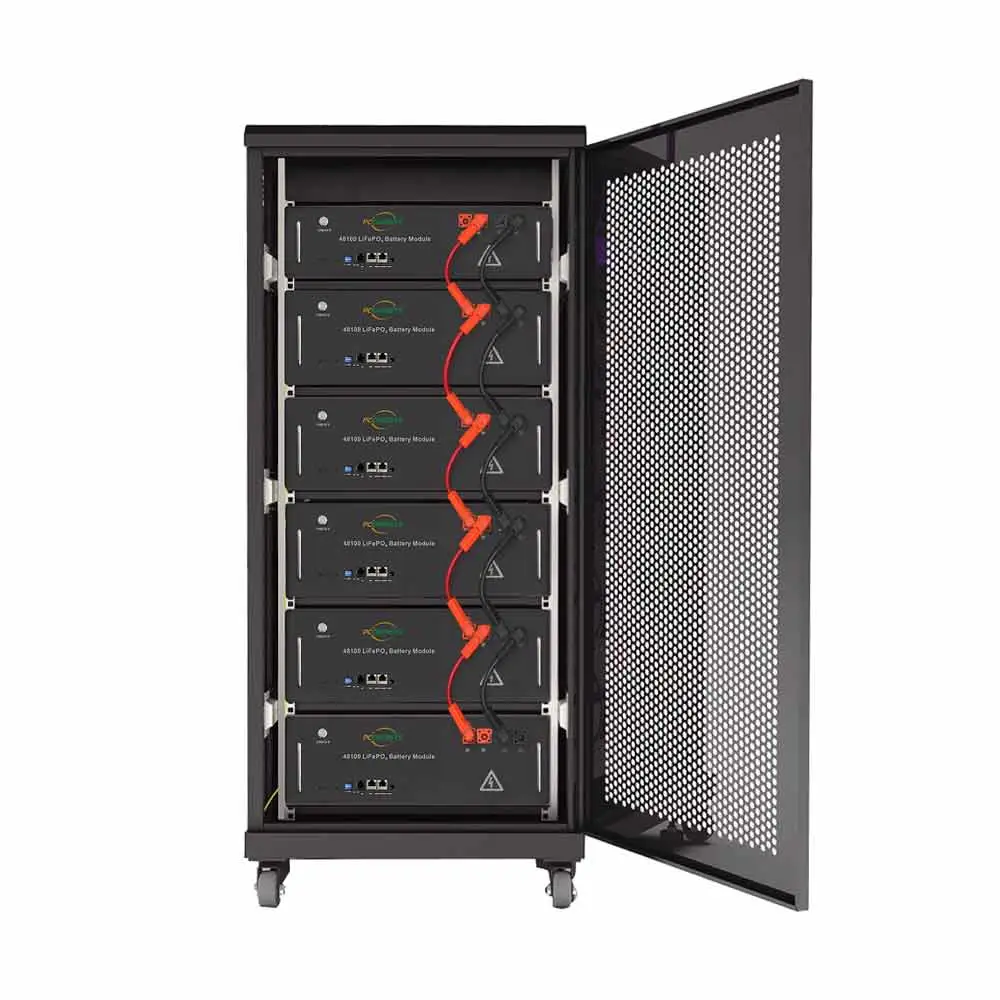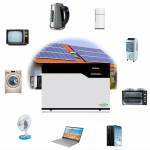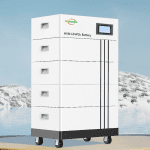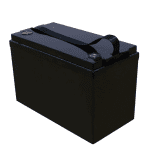Storage Battery for Your Home: What You Need to Know
Storage battery for your home is a great way to save money and protect the environment. Battery storage can help you reduce utility bills, store electricity from renewable sources like solar or wind, and even provide power during power outages. But if you’re not sure if storage batteries are the best fit for your home, here’s everything you need to know about storing energy in your home so you’re ready when you’re ready to take the next step to energy independence!
How does the storage battery work?
The battery is made of lead-acid cells connected to form a battery. Each cell contains two electrodes (the positive and negative poles) separated by an electrolyte solution. When you charge the storage battery, a chemical reaction occurs at each electrode that produces electrons, which move through the outside casing and connect with your appliances. This process creates an electrical current, perfect for lights or electronics in your home! How do they work? When you charge a battery from sunlight or grid power, more electrons are added than before. So when these extra electrons flow from one end of the device to the other as part of the electrical current, there aren’t enough electrons inside. Therefore, some electrons must be replaced, maintaining their original positions in each molecule.
How long will my storage battery last?
How long your battery will last depends on the type of system you have and how you use it. Lead-acid batteries can last up to 15 years, while lithium-ion batteries can last 20 years or more.
The life expectancy of your storage battery depends on several factors:
How much energy does your home use? If your home requires a lot of power and the power demand is high, this will increase the number of cycles the battery will undergo over its lifespan. The more cycles a battery undergoes, the shorter its lifespan will be. More expensive chargers tend to charge the battery more efficiently and extend the battery’s life because less energy is wasted during the charging process. Over time, this will cause wear and tear on lead-acid and lithium-ion batteries. However, we have established above that lithium-ion batteries last longer, mainly because they are less prone to degradation from continuous cycling!

What are the benefits of a storage battery?
Batteries are a great way to store energy from renewable sources and serve various purposes.
Home storage batteries can be used during power outages to keep your lights on and your fridge running.
Home storage batteries are also suitable for use during peak hours when electricity costs are higher, so you don’t pay for electricity produced by fossil fuels or nuclear power plants. This saves money on electricity bills! In addition to homes, businesses such as grocery stores and restaurants use large amounts of electricity throughout the day. They often need help storing excess energy until it is required at night or early in the morning. For example, a store may use a diesel generator or solar panels during off-peak hours; however, traditional options will cost thousands of dollars monthly, and a residential battery system will significantly reduce monthly expenses.
How do you know if you need a storage battery?
If your home is off the grid, use a battery. If you’re unsure what an “off-grid” house is, it’s simply one that doesn’t draw power from the primary grid. Instead, it obtains energy from renewable sources such as solar panels or wind turbines.
If you have a solar system but don’t have a battery backup yet, it’s time to get one! As mentioned earlier, batteries are essential for storing the excess electricity generated by solar panels during the day for use at night. This means that if the sun isn’t hitting your panels during high demand, all that excess energy can be used.
If you have a backup generator, you may not need batteries. Because many generators already have storage capacity built in! However, having a separate backup battery still makes sense if you don’t have one or if something goes wrong because they provide added peace of mind and keep everything running smoothly even if something goes wrong.
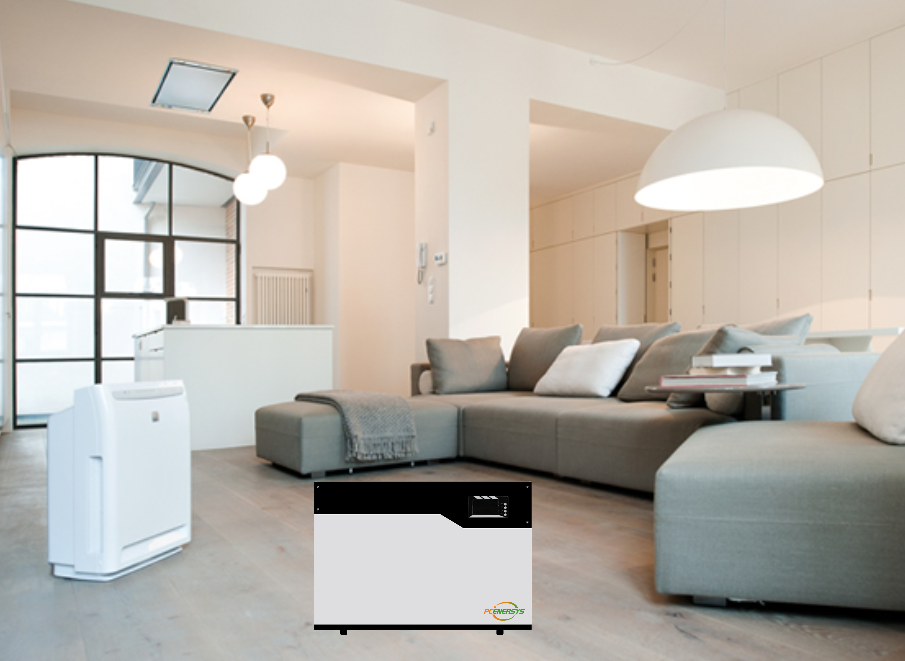
It is a device that stores energy for later use!
A storage battery is a device that stores energy for later use. Batteries have many applications, including electric vehicles, backup power systems, and homes. Keeping energy at home allows you to avoid using fossil fuels to generate electricity when it’s unnecessary (for example, during a power outage).
Storage batteries come in many forms and sizes; however, they all consist of two electrodes separated by an electrolyte solution or gel (the liquid). The positive electrode usually comprises lead oxide, while the negative electrode comprises nickel oxide. Both materials are highly conductive metals with a high ability to store electric charge. When connected by a wire from an external power source, it naturally generates electricity through the conversion process of the photoelectric effect. These two metals create a direct current between them, which the battery stores until needed.
We concluded that
Batteries are a significant investment in your home. It will help you save money by ensuring you have power if the grid fails, and it is also great for backup power in a natural disaster or other emergency. By introducing the above points, if you want to buy one, you can choose according to your situation. Also, ensure it’s compatible with your current system, or it might not work when you need it most!

